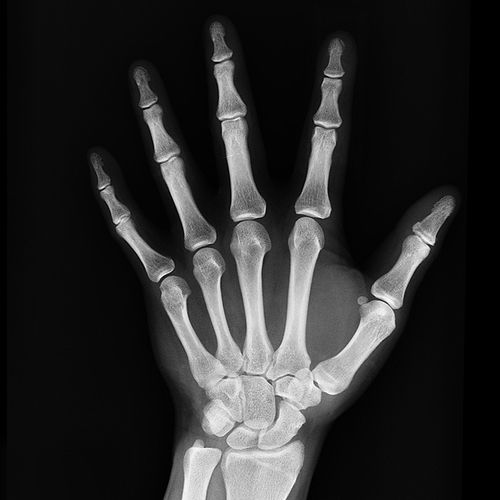Creighton University doctors regularly recommend that aging women take calcium and vitamin D supplements to help reduce their risk of broken bones and osteoporosis. But even short periods of supplementation may reduce the risk of stress fractures in younger women. So concludes a new study of 5.200 female US Navy recruits going through basic training. Half of the women—ages 17 to 35—were given daily vitamin supplements of 2,000 milligrams of calcium and 800 international units of vitamin D. The others received placebo pills.
Surprising Results
After eight weeks, researchers noted stress fractures in 170 recruits. These overuse injuries were 25% more common in those taking the dummy pills. Not surprisingly, researchers also noted that smoking increased bone injury risk, while a history of exercise decreased the risk.
Vitamin D helps the body absorb calcium, which is vital to bone formation and repair.
"What really surprised us is that calcium/vita-min D supplements made a significant difference in such a short period of time," says study lead Joan Lappe, a professor of nursing and medicine at Creighton University in Omaha, Nebraska. "Frankly, we were not sure we would sec any sta-tistically significant results in only eight weeks." Bottom line: Although these findings are preliminary, they could help reduce bone injuries in high school and other amateur athletes.
Soy Foods Reduce Fracture Risk
A study of the soy intake of 24,403 postmenopausal women over four and a half years found that those who ate 13 g or more of soy protein daily were 37% less likely to break a bone than those who consumed less than 5 g daily.
Theory: Soy slows bone breakdown.
Self-defense: Postmenopausal women should aim to get at least 5 g of soy protein in their diets daily.
Sources: Soy milk (10 g per eight ounces) and tofu (13 g per four ounces).
Tomato Juice: Great for Your Heart
Drinking tomato juice protects the heart, says new research from Australia.
New finding: People with type 2 diabetes or impaired glucose tolerance (a precursor to diabetes) who drank 8.5 ounces of tomato juice a day for three weeks experienced a 30% to 40% reduction in platelet aggression, a key to the dot formation that can trigger heart attack. This benefit is believed to apply to healthy people as well.
Bonus: Tomato juice also reduces risk for deep vein thrombosis (DVT). dangerous blood Clots that can occur after sitting for long hours.
Helpful: Drink 8 ounces of low-sodium tomato juice each day.
